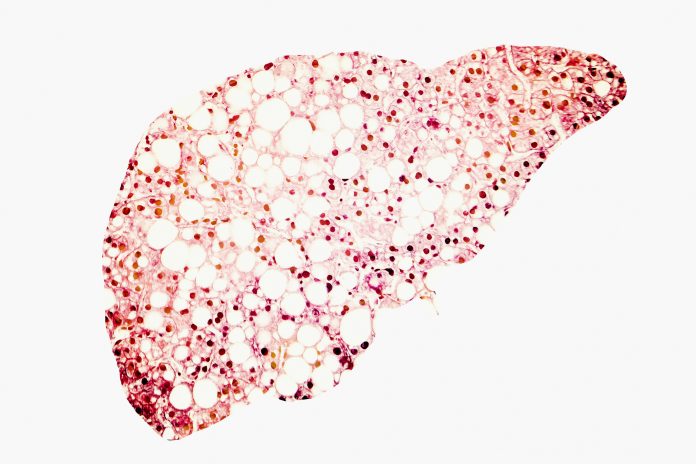
A collaboration between Sano Genetics, Predictive Health Intelligence, and Somerset National Health Service (NHS) Foundation Trust will receive a grant of £800,000 (around $1M) from Innovate UK to develop a precision medicine system to find undiagnosed liver disease patients in the U.K.
Innovate UK is a government affiliated non-departmental public body that funds research and innovation, as well as providing other support, to researchers and companies in the U.K. The grant awarded to Sano Genetics, Predictive Health Intelligence, and the NHS is part of a call by Innovate UK for precision medicine-focused “industry-led collaborative R&D innovation projects.”
The research partners plan to use the funding to identify patients with undiagnosed liver disease by re-evaluating blood tests in NHS databases, as around a third of the adult population is thought to have some form of liver disease biomarker in their blood. The tool—hepatoSIGHT—is a case finding and group mapping tool developed by Predictive health Intelligence that analyses data and accurately predicts whether patients are at risk for liver diseases. Overall, researchers will use a combination of biomarker analysis, non-invasive liver scanning and genetic testing to identify patients.
Conditions such as non-alcoholic fatty liver disease (NAFLD) and non-alcoholic steatohepatitis (NASH) are predicted to affect 24% and up to 6.5% of the U.S. population, respectively. Both conditions combined account for almost $300B in annual direct and indirect healthcare costs in the U.S., which is in part due to common late diagnosis.
“Around one in every three UK adults are estimated to be living with a form of liver disease, yet diagnosis and awareness of NAFLD or NASH is low,” said Patrick Short, CEO and co-founder of Sano Genetics, in a press statement.
Although it is not possible to cure NAFLD and NASH through medical treatments, lifestyle modifications such as losing weight, increasing exercise and reducing alcohol intake, among other factors, can make a big difference to patient prognosis.
The aim of the new collaboration is to identify these patients early so they have the best possible chance of a good outcome from their condition. Once patients are identified as being at risk, they will be contacted and asked to provide a DNA sample for further analysis and sequencing by Sano Genetics.
“Genomics research has shown that genes such as PNPLA3 contribute greatly to earlier-onset and faster-progressing liver disease, and integrating genetic data with routine blood scans and non-invasive liver scanning will help identify patients in this category sooner,” said Short.
“This pioneering programme could change the way we diagnose and treat liver disease for good. By combining genomics, non-invasive liver scanning, and machine-learning technologies that already exist, we can save lives as well as cost.”
In addition to genetic testing and data analytics provided by Sano Genetics and Predictive Health Intelligence, Tawazun Health will provide mobile non-invasive liver scanning technology. Patients will be followed up and offered counselling and treatment plans by the NHS, in addition to having free access to the Sano Genetics patient engagement website.












